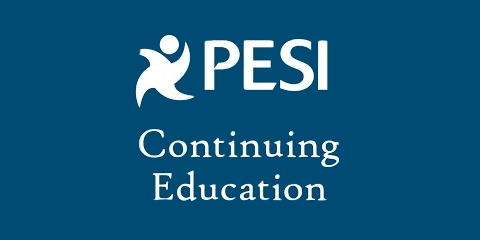Many persons diagnosed with ADHD prefer not to take medication. There are various reasons for this including side effects and concerns with long-term use. In this seminar, you will learn more about these reasons, as well as alternative interventions for ADHD.
Looking at ADHD from a developmental perspective, we will consider reasons for the apparent increase in ADHD diagnoses over the past two decades. By understanding the way the brain works in ADHD, you will be able to better identify a variety of strategies to significantly impact the nervous system and positively influence symptoms of ADHD in your clients.
Not only will you walk away with information about some of the most common non-medication interventions for ADHD such as computerized cognitive training, mindfulness meditation and neurofeedback, you will also learn a variety of practical strategies that can be implemented immediately and at low cost.
We will navigate the vast research on exercise, movement, diet, sleep, disruptive technologies, supplements and the impact of the environment on ADHD, summarizing the findings and applying the information to “real life”. You will leave this seminar with the tools and knowledge to develop a holistic approach to working with adults and children with ADHD.
Objectives:
- Recognize the benefits and drawbacks of non-medication treatments for ADHD versus medication treatment.
- Determine the most common non-medication treatments for ADHD.
- Identify the reasons why many patients/clients request non-medication treatments.
- Describe the safety and efficacy of non-medication treatments for ADHD.
- Determine whether the benefits of alternative treatments outweigh the costs to the patient/client.
- Discuss how nutraceuticals/supplements and diet may or may not influence symptoms of ADHD.


